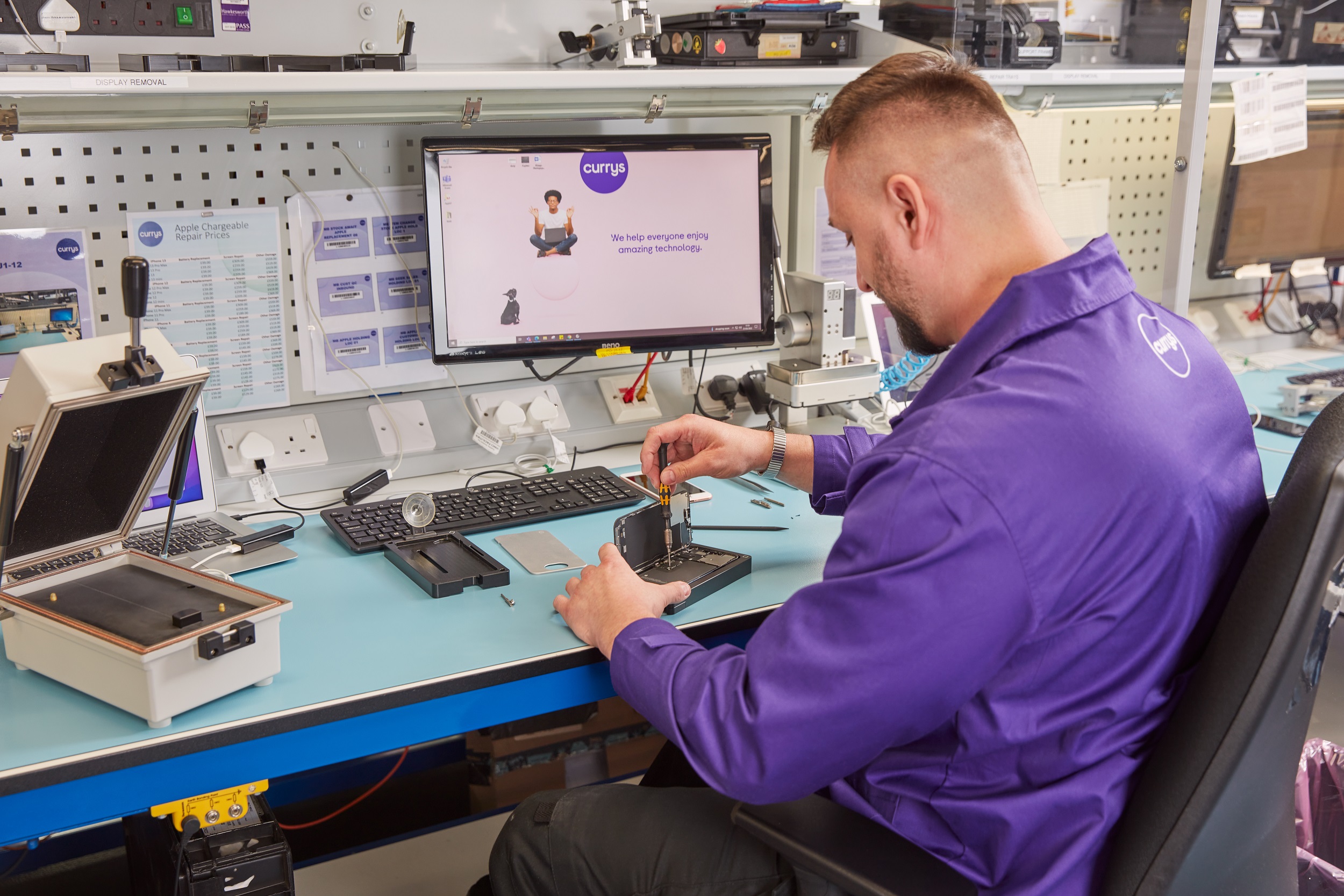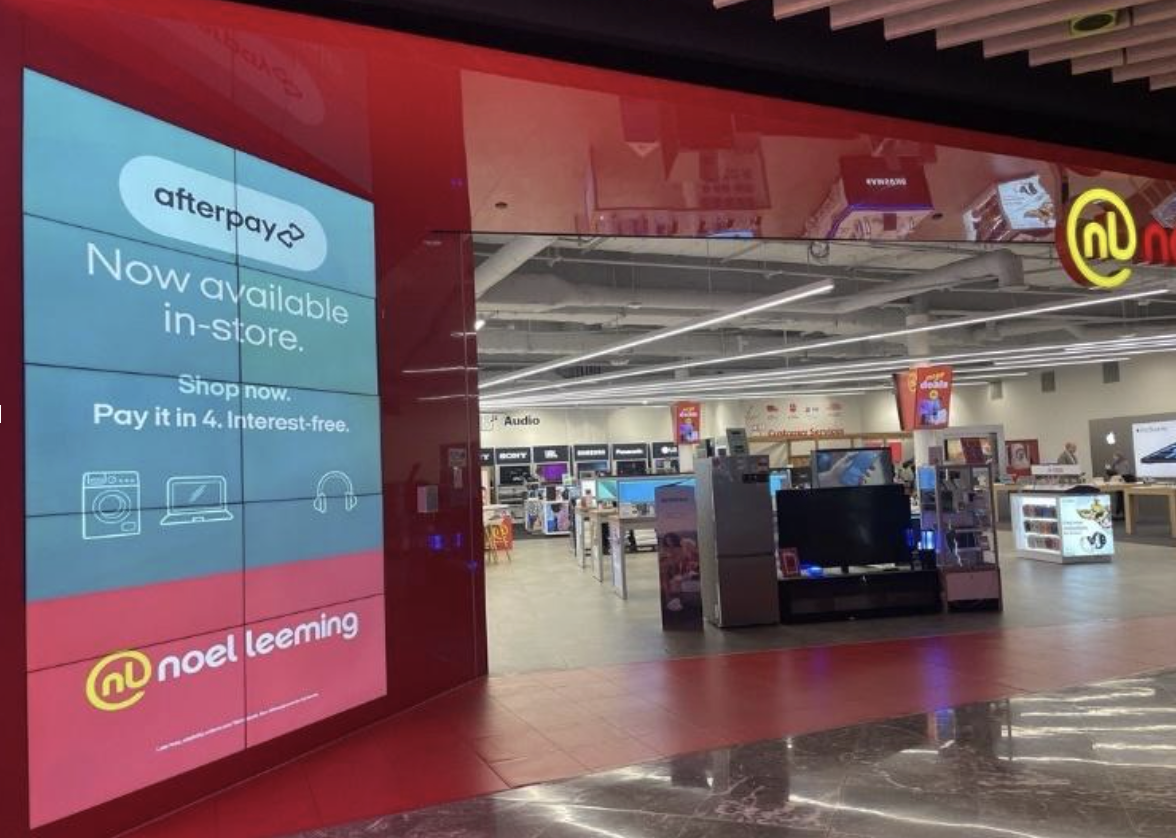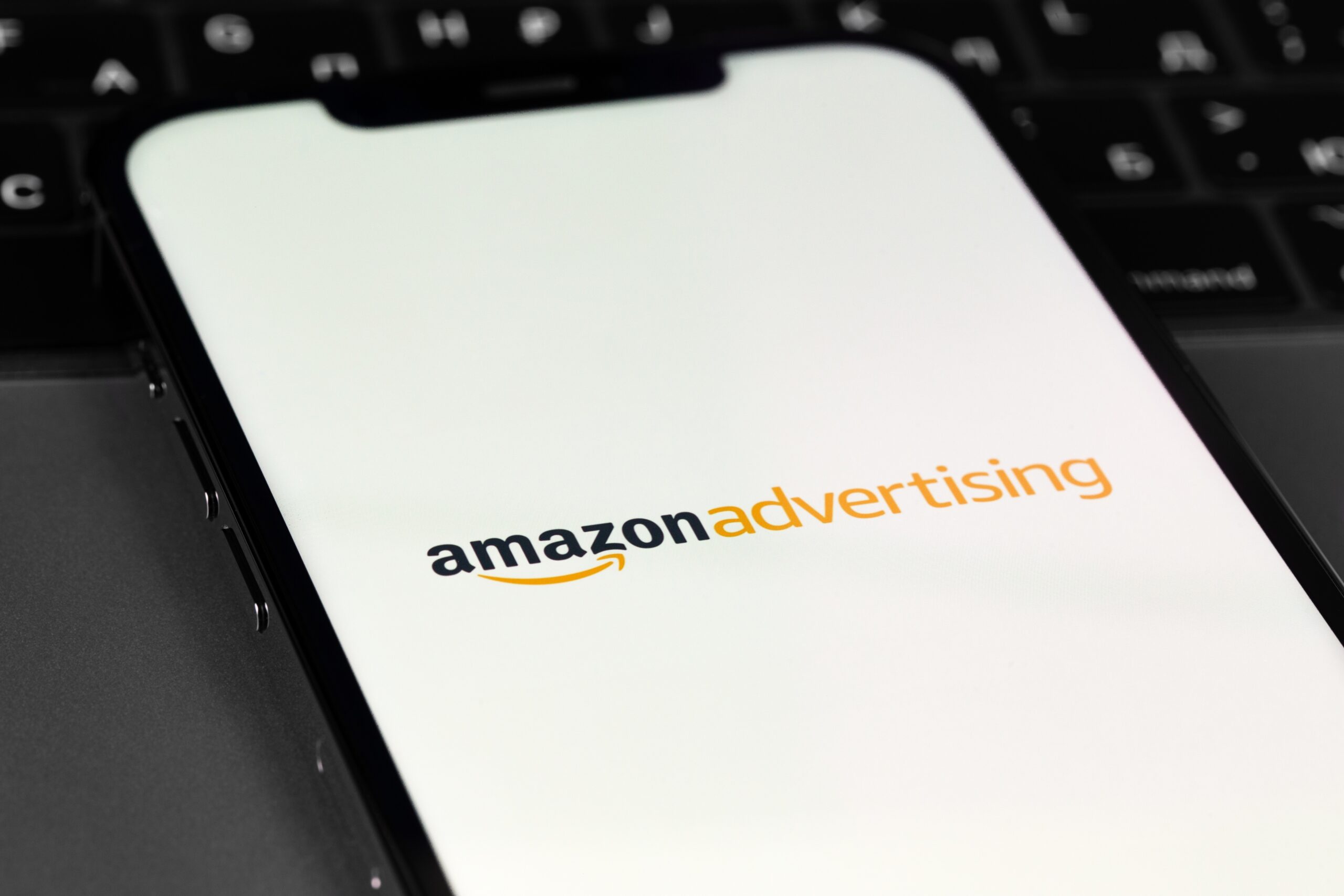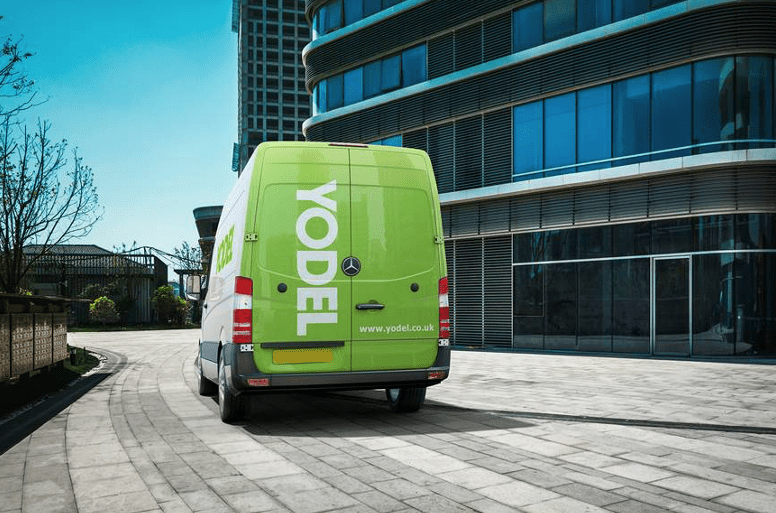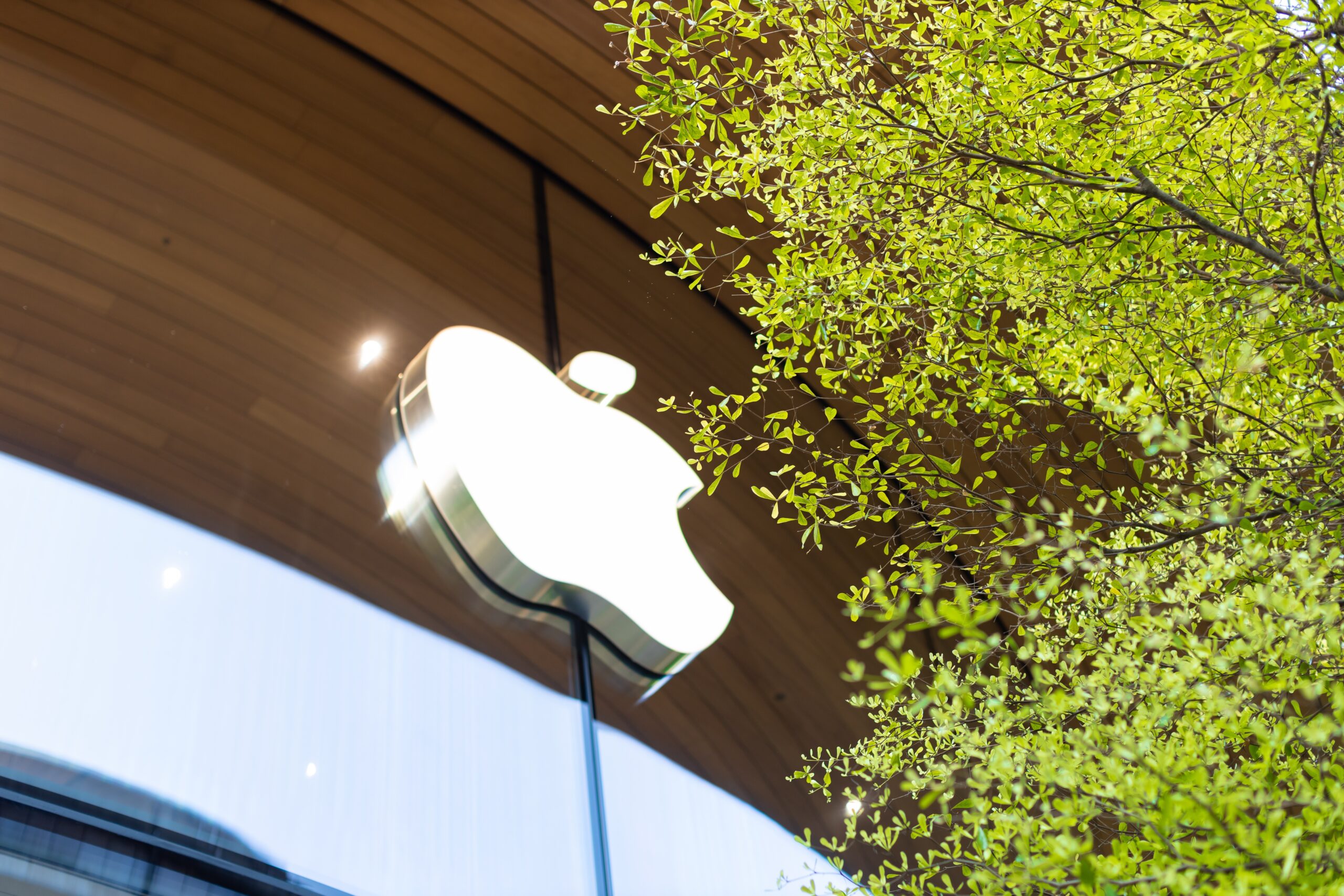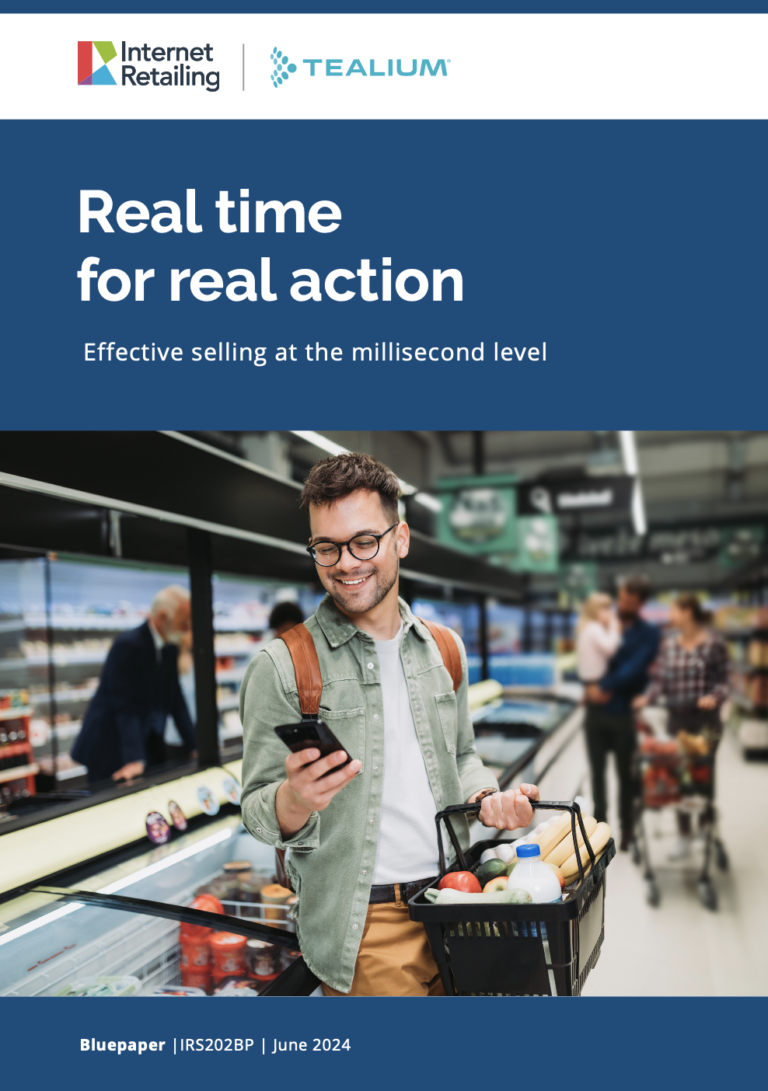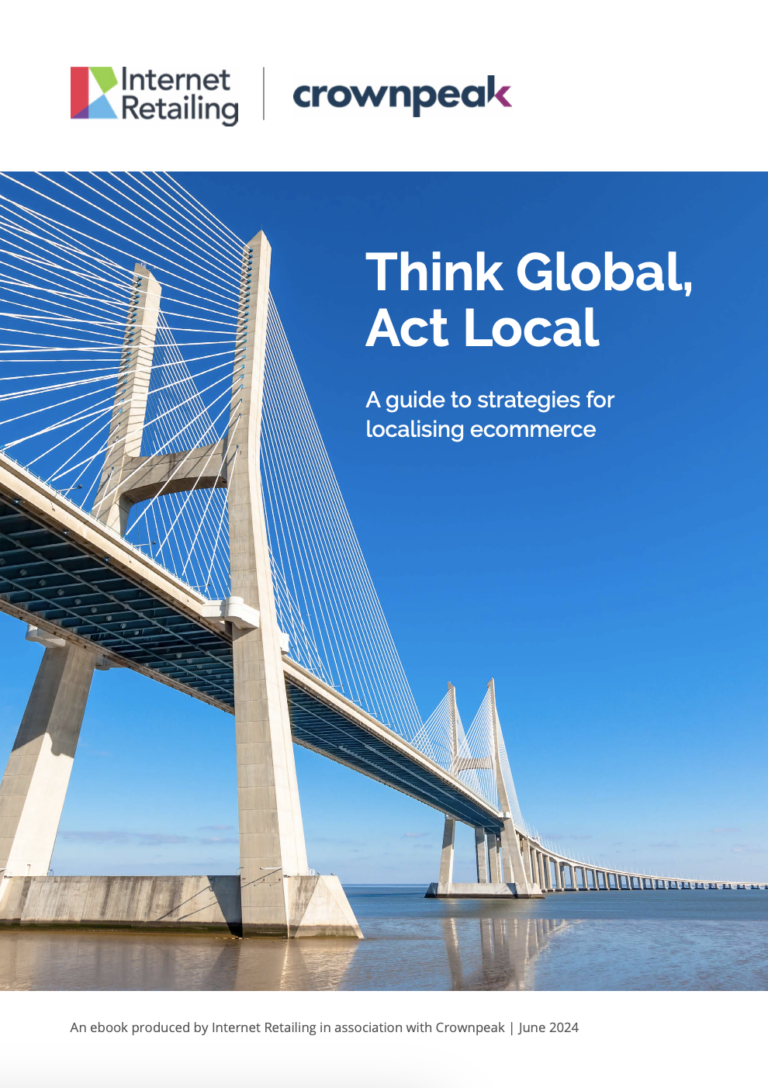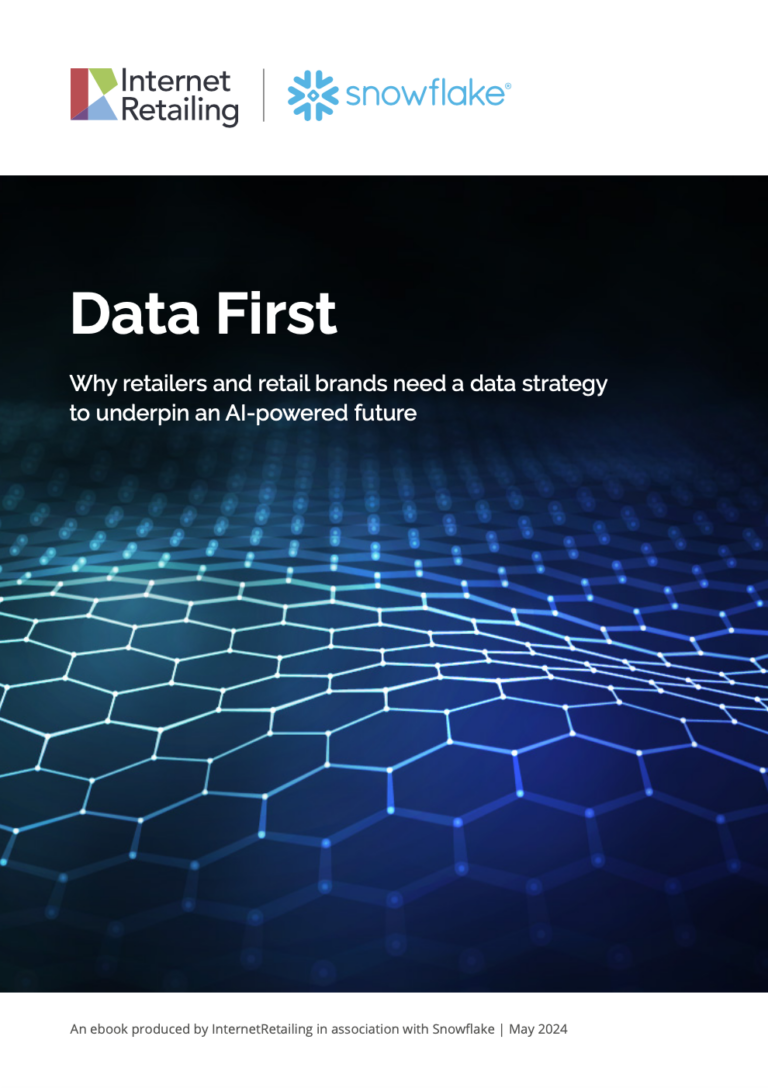Steve Pendleton, services director of Currys, spoke to DeliveryX as part of the newly published Returns 2024 report to explain how its repair offering gives technology a longer life.
Q: Has Currys witnessed a change in consumer’s attitudes towards repairs, and refurbished technology? Is the repair offering growing in popularity due to the sustainability element – people looking towards circularity – or are shoppers being driven by affordability?
Absolutely. It’s safe to say that sustainability is a growing area of concern for all our stakeholders, including consumers. Frankly, things have to change – with electronic waste being the world’s fastest growing waste stream, expected to grow to almost 75 million tonnes by 2030, we all have to face facts, we can’t keep throwing stuff away.
Here at Currys, we see ourselves best placed to lead the way in changing everyone’s relationship with tech and know our customers are looking to reduce their impact on the environment. It’s our job to make that easier, which is why we help customers make more sustainable buying decisions, through best-in-class repairs and selling refurbished tech. And in terms of customer demand, this is what we have seen really change, accelerated by the cost-of- living crisis.
In fact, we’re witnessing, and encouraging, a normalisation of second-hand shopping when it comes to technology, in the same way everyone has generally embraced second-hand clothes shopping in the fashion industry. It’s been a real result for customers who can access high-end devices at cheaper prices, and the environmental wins are self-evident, in the sense we are reusing valuable, mineral-rich devices far more than ever before.
Q: Do repairs and refurbishments fit into your own sustainability efforts?
Wholeheartedly, and we’re super proud of the work we’ve done and are continuing to do to give tech a longer life. We’ve invested millions in building Europe’s biggest technology repair centre in Newark, Nottinghamshire. It’s a great facility, half a million square foot of space, 1,000 expert colleagues, all of whom are highly engaged with an average tenure of almost a decade. They’re open 363 days a year, processing 3 million products a year across all of our major categories and for over 40 major brands.
Key to this operation is having colleagues with the technical expertise required to take one product apart in order to harvest valuable components to be used in the refurbishment of another. So,for example, if we receive a unit which is heavily damaged and unrepairable, our experts will still be able to take it apart and harvest the working parts to be used to repair and refurbish another unit from the same product line. This team harvest the parts from over 5,000 products each week, and they’re not just working on laptops either, they’re working on TVs, mobiles and white goods.
So, we’re repairing and re-using as much as we can – in many cases giving us a significant source of recurring, higher-margin revenue – but we’re also recycling what we can’t use. Working with best- in-class recycling partners to turn what can’t be extracted by our experts in Newark, into recyclable materials that can be sold in bulk and reused in the manufacturing of future products.
Q: How does Currys balance offering repairs with still operating a successful ‘latest tech’ retail business?
We firmly believe purpose and profit go hand in hand, that they complement each other. The fact of the matter is that businesses are commercial enterprises and it’s by making profits that we earn the right to continue to be a powerful force for good in the world. We make money – profit – by giving tech a longer life, just as we make money by selling lots of shiny new kit. And by giving tech a longer life we also ensure that our customers keep coming back to us because they know that we can help them to get the most out of their tech. And that’s why we’re serious about it, precisely because it’s in our interests and we don’t apologise for that.
Q: With technology, what are the challenges around ensuring trust of refurbished products?
We understand the concerns of our consumers when it comes to refurbed tech – from data security to quality – which is why we’ve built in layers of reassurance throughout the process.
Firstly, data security. Providing piece of mind is critical: it’s a huge factor in the buying journey, or indeed when customers trade their unwanted tech with us. All products we sell and receive are data wiped to a government-approved standard. This way, both the original owner and the new owner can rest assured that their data is 100% safe.
Next, quality. We’re uncompromising when it comes to quality as we want our customer to trust our products. All our refurbished devices are meticulously reviewed by our expert technicians to make sure that they are in the right condition, for customers this means they are buying something they can trust alike to a brand new equivalent.
We test both the hardware and software on every unit before cleaning and repackaging the unit. We also have a separate Quality Assurance function to double check standards and quality before we release any stock for resale. We are aware of just how important it is to build consumer trust in second-hand tech, so we’re not taking any risks when it comes to quality. But, in any case, all our refurbished items come with a 12 month technical warranty for extra peace of mind.
We also have a robust grading criteria which we apply to all of our refurbs, this helps us to identify what grade it is, and enables customers to understand what they are buying. In terms of what refurbs we stock, we don’t have a cut-off point when it comes to specification. This is important as this gives us a wide range of options for our customers, many of whom will be shopping for a bargain. For example, even if a device is a good few years old, we will consider refurbishing it as it will be available at a lower price point for the customer than if they were buying it new.
This interview features in the DeliveryX Returns 2024 report as part of a wider look at how retailers are turning to repair and recommerce to help manage returns.
The report also covers what consumers think about return fees; why data could be key to minimising the impact of returns on retailers; and case studies on H&M and Oh Polly.
We deliver!
Our editor picks some choice pieces from the analysis flow and sends them to your inbox every Wednesday. Dedicated research report previews will also come direct to you. Subscribe for the emails.
Why not join us on Linkedin and you’ll get the best updates on our research and analysis – UK, Europe and Global – in your feed.

